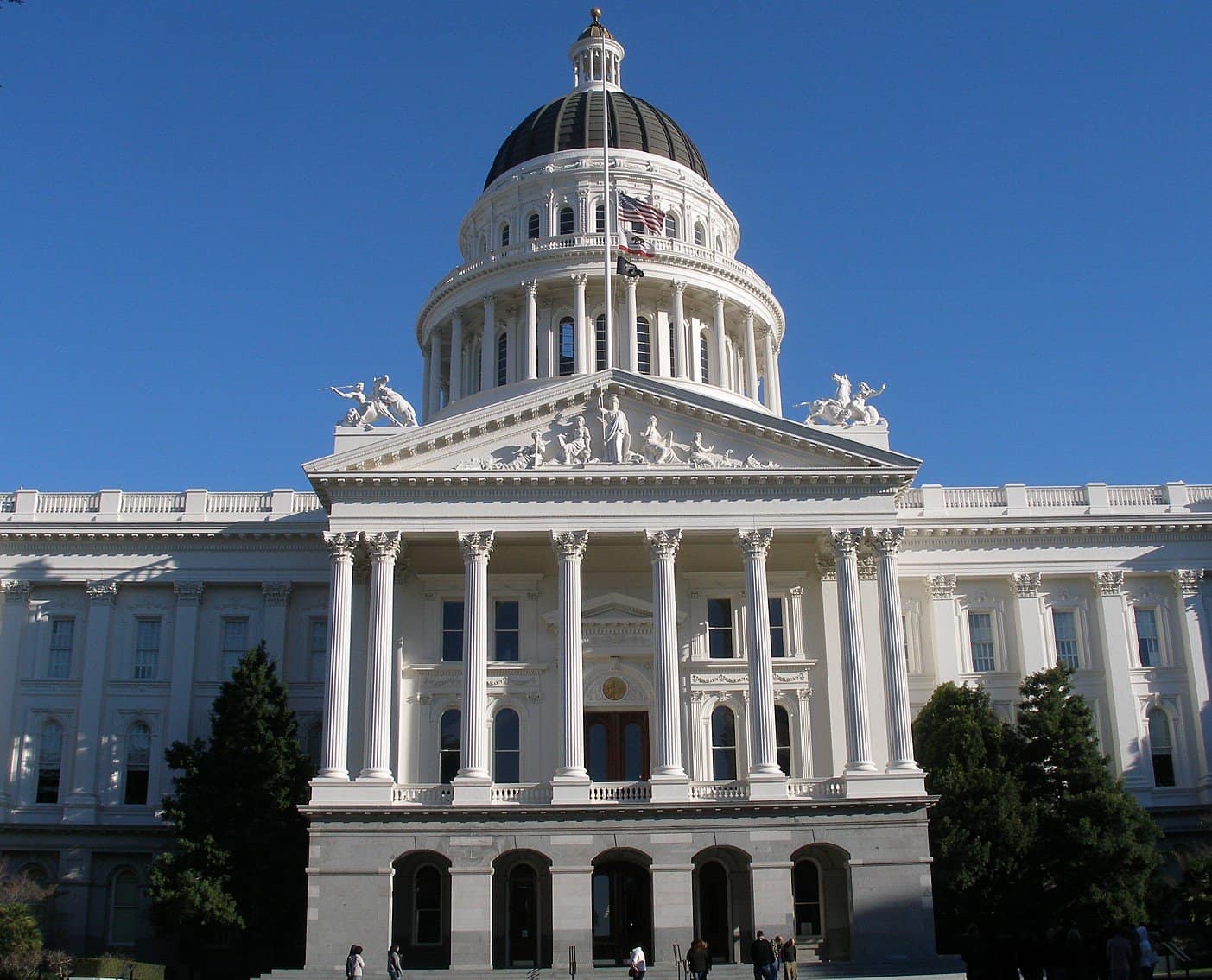
Finlay Adamson is a student at Harvard Law School.
In today’s news and commentary, California lawmakers challenge Garmon preemption in the absence of an NLRB quorum and Utah organizers successfully secure a ballot referendum to overturn HB 267.
California Assembly Bill 288, granting the state’s Public Employment Relations Board jurisdiction over private labor disputes in cases where the NLRB doesn’t provide workers with “an effective response or remedy” within six months of their case being filed, continues through the California State Legislature. AB 288 was re-referred to the Assembly Committee on Judiciary on Thursday after the California Senate Labor, Public Employment and Retirement Committee made minor amendments; the bill was passed by California’s lower house on June 2nd. The Bill challenges the validity of Garmon preemption given that the National Labor Relations Board lacks a quorum following President Trump’s firing of Board Chair Gwynne Wilcox. As Ben recently argued, the lack of a functioning Board may undermine Garmon’s rationale for barring states and cities from “regulating conduct that is either protected or prohibited by federal labor law.” While legislators in New York and Massachusetts are considering similar bills, AB 288 is unique in that it proactively grants PERB jurisdiction if the NLRB fails to provide a remedy within six months. The New York and Massachusetts bills only grant their respective state agencies power if the NLRB declines to act or is unable to. This six-month period to provide a remedy is particularly relevant as rising caseloads and short-staffing frustrate the NLRB’s ability to process cases in a timely manner.
Utah voters will soon consider a referendum to overturn House Bill 267 after organizers successfully collected enough signatures to put the issue on the ballot. Signed into law by Utah Governor Spencer Cox in February, HB 267 banned collective bargaining in the public sector, instituted extensive financial filing requirements for unions, and limited union access to workplaces. A coalition of unions, including the American Federation of Teachers Utah, Teamsters Local 222, AFSCME Local 1004, and the Utah Education Association, gathered over 320,000 signatures over the past several months in order to challenge the law. Governor Cox now has the discretion to submit the referendum to voters during the next general election in 2026 or call a special election before then. While Utah is not traditionally considered “pro-labor”, referendums on labor and employment rights in conservative states have experienced some success in the recent past. In 2014, Missouri voters rejected a referendum preventing teachers from collectively bargaining over the terms of a new performance evaluation system; in 2012, South Dakota voters rejected a referendum eliminating tenure for public school teachers.






Daily News & Commentary
Start your day with our roundup of the latest labor developments. See all
February 20
An analysis of the Board's decisions since regaining a quorum; 5th Circuit dissent criticizes Wright Line, Thryv.
February 19
Union membership increases slightly; Washington farmworker bill fails to make it out of committee; and unions in Argentina are on strike protesting President Milei’s labor reform bill.
February 18
A ruling against forced labor in CO prisons; business coalition lacks standing to challenge captive audience ban; labor unions to participate in rent strike in MN
February 17
San Francisco teachers’ strike ends; EEOC releases new guidance on telework; NFL must litigate discrimination and retaliation claims.
February 16
BLS releases jobs data; ILO hosts conference on child labor.
February 15
The Office of Personnel Management directs federal agencies to terminate their collective bargaining agreements, and Indian farmworkers engage in a one-day strike to protest a trade deal with the United States.